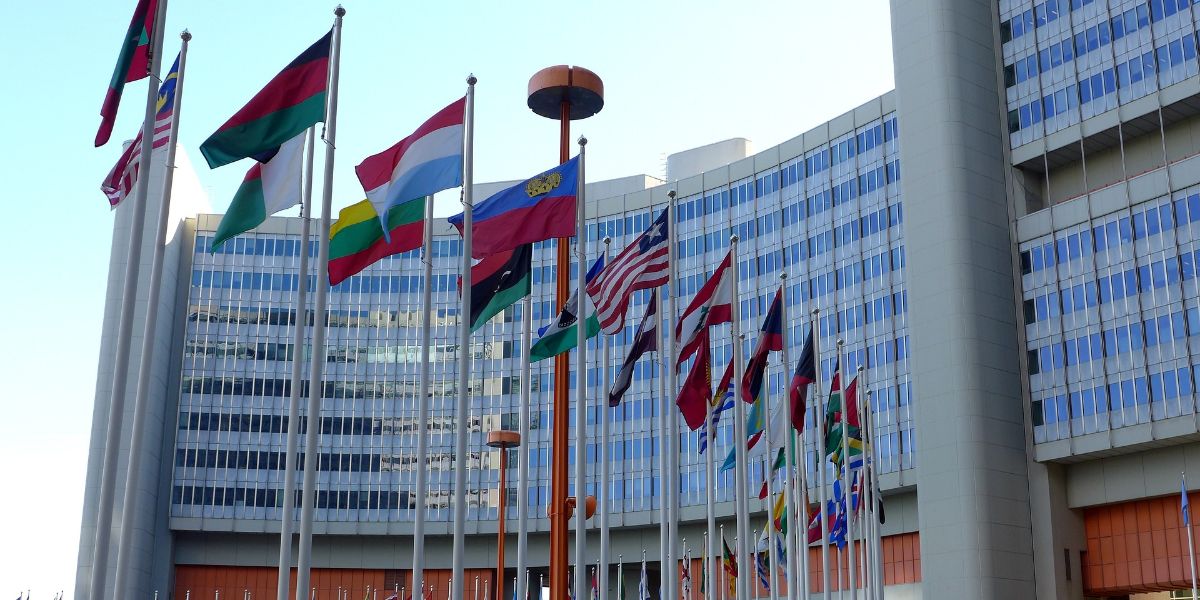On 17 October the UN Tax Committee discussed issues around the interaction of tax, trade and investment agreements.
Guidance on tax and investment agreements
Following the presentation of draft guidance on the relationship of tax and investment agreements at the previous meeting of the Tax Committee, the relevant subcommittee presented revised guidance, taking into account the comments received from committee members. The changes were made to the discussion on general issues relating to investment incentives.
Also, more guidance was added on stabilization clauses. Stabilization clauses are commitments made by a host State to foreign investors, to shield the foreign investors from adverse legislative or regulatory changes in the host State. The guidance notes that these clauses could impose a constraint on the ability of the host country to adapt its tax policies in response to changing circumstances, especially if they have been applicable for long periods of time.
The guidance also clarified the importance of tax officials being involved at the early stages of an emerging dispute.
Interaction of tax treaties with GATS and non-tax agreements
At the time when the general agreement on trade in services (GATS) was negotiated, the issue was raised as to whether tax measures involving distinctions based on taxpayer residence might be in violation of the GATS National Treatment obligation. The OECD and UN Models note in their commentaries to Article 24 (Non-Discrimination), that discrimination based on residence is not contrary to the National Treatment obligation.
The GATS agreement allows measures inconsistent with the National Treatment obligation if “the difference in treatment is aimed at ensuring the equitable or effective imposition or collection of direct taxes in respect of services or service suppliers of other Members”.
A provision was also included in the GATS agreement stating that the National Treatment obligation could not be invoked “with respect to a measure of another Member that falls within the scope of an international agreement between them relating to the avoidance of double taxation. In case of disagreement between Members as to whether a measure falls within the scope of such an agreement between them, it shall be open to either Member to bring this matter before the Council for Trade in Services”.
This would mean that the final decision in a dispute on whether a measure falls within the scope of a tax agreement would be made by the Council for Trade in Services, a high-level body of country representatives at the WTO in Geneva. A footnote to that provision stipulated that for double taxation agreements already existing on the date of entry into force of the WTO Agreement, the matter would only be brought before the Council for Trade in Services if both parties to the agreement consented to this. This places the decision in hands of the parties, and not the Council, for double tax treaties already existing on 1 January 1995. But for treaties concluded after that date (and possibly for treaties substantially amended after that date), the parties to the DTA would not have the decision.
To deal with this problem, in its 1995 Commentary the OECD Model proposed language for inclusion in tax treaties to ensure that tax treaties concluded or amended since 1995 receive the same “grandfathered” protections as pre-1995 treaties. The UN Model also includes the proposed text and the explanation.
The OECD Commentary on the issue, also included in the UN Model commentary, notes the potential difficulties of leaving these tax issues to trade experts and proposes a provision for the parties to agree that any dispute between them as to whether a measure falls within the scope of the DTA may be brought before the Council for Trade in Services only with the consent of both Contracting States.
Currently very few countries make use of the suggested provision. The decision on whether an issue is within the scope of a tax treaty is therefore left to non-tax experts in the WTO dispute settlement system. For this reason, the subcommittee proposed that this suggested provision should become a part of the text of the UN Model itself, rather than just in the commentary, so the provision is given greater visibility. Also, a similar provision could be useful in relation to other similar agreements, such as regional trade and investment agreements.













